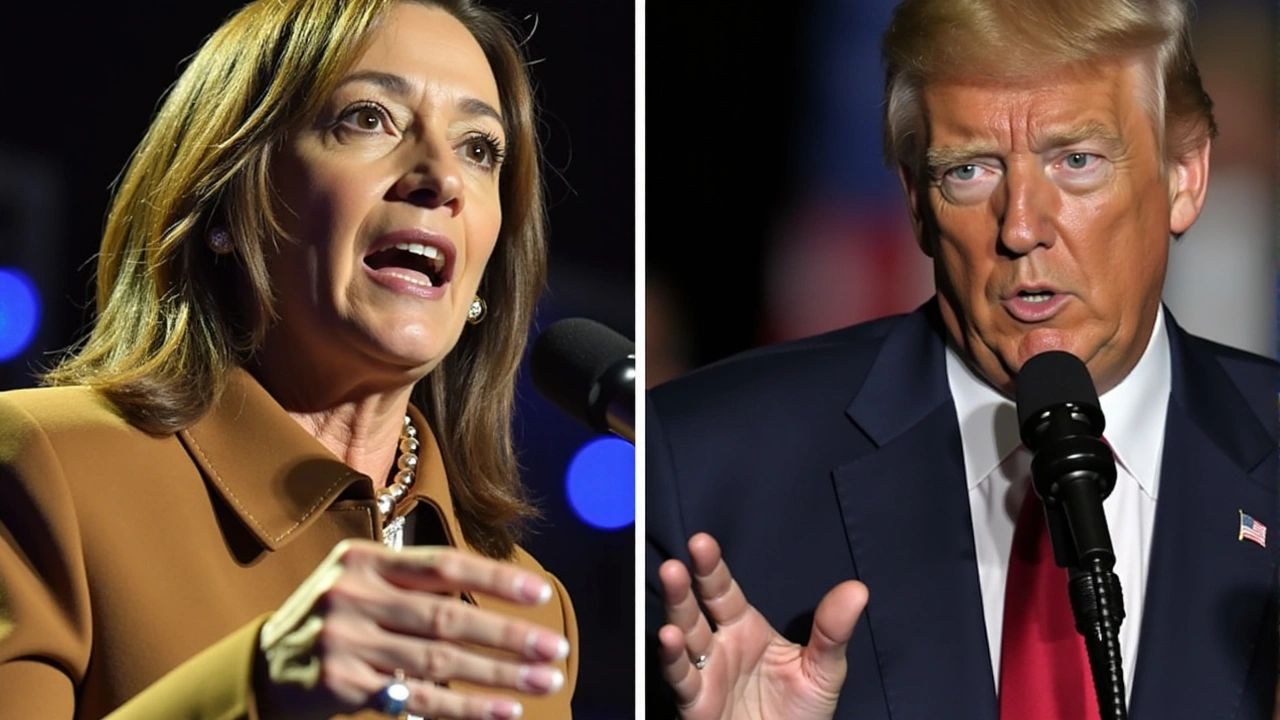Economic Issues Shaping Africa Today
When you hear "economic issues" in Africa, you probably think of power cuts, soaring prices, or big infrastructure projects. The reality is a mix of those and a lot more—politics, climate events, and even sports deals can ripple through the economy. Below we look at the most talked‑about stories that are hitting wallets, jobs, and daily life across the continent.
Power, Energy and the Cost of Staying Lit
Eskom’s recent crackdown on unregistered grid‑tied solar systems is a perfect example of how regulation can shake up a market. Homeowners who installed rooftop panels without official paperwork now face hefty upgrade fees or the choice to go completely off‑grid. While the move is billed as a safety measure, many families worry about the extra cost in rand and the hassle of new meters. If you’re thinking about solar, the first step is to check whether your system is registered with Eskom and what paperwork you’ll need to avoid fines.
Beyond South Africa, power shortages are buzzing in other countries too. When factories lose electricity for hours, production slows, and that slowdown shows up as higher prices on the shelf. The lesson? Consistent energy supply is a backbone of any healthy economy, and any hiccup can send shockwaves through trade, jobs, and household budgets.
Natural Disasters Turning Into Economic Crises
The Alau Dam collapse in Maiduguri turned a regional flood into a massive humanitarian and economic disaster. Over 70% of the city was underwater, thousands were displaced, and schools shut down. Apart from the tragic loss of life, the damage means farmers can’t plant, markets can’t operate, and relief costs skyrocket. When infrastructure fails, it’s not just a momentary problem; the ripple effect can stunt growth for years.
Similarly, the recent funeral for former Nigerian President Buhari highlighted how political transitions can stir economic debate. While the ceremony itself is a solemn event, commentators used the platform to discuss his administration’s handling of corruption, human‑rights issues, and economic reforms. Those discussions feed into how investors view stability and future policy directions.
On a lighter note, even sports news can have an economic angle. Transfers like Manchester City’s deal for Tijjani Reijnders or Juventus weighing Vlahovic’s expensive contract affect club finances, sponsorship deals, and local economies tied to football. It shows that the term “economic issues” can stretch far beyond traditional markets.
So what can you do with all this information? First, stay informed. Follow reliable sources that break down how each story impacts your pocket. Second, if you’re a business owner, factor in these risks—whether it’s energy costs or flood‑related supply chain disruptions—into your planning. Finally, consider how you can adapt: investing in compliant solar, supporting community resilience projects, or even diversifying revenue streams if you rely on a sector that’s vulnerable to political shifts.
Bottom line: Africa’s economic landscape is dynamic and often unpredictable, but understanding the key issues—energy policy, infrastructure safety, and the broader political climate—gives you a better shot at navigating the challenges and spotting opportunities.




